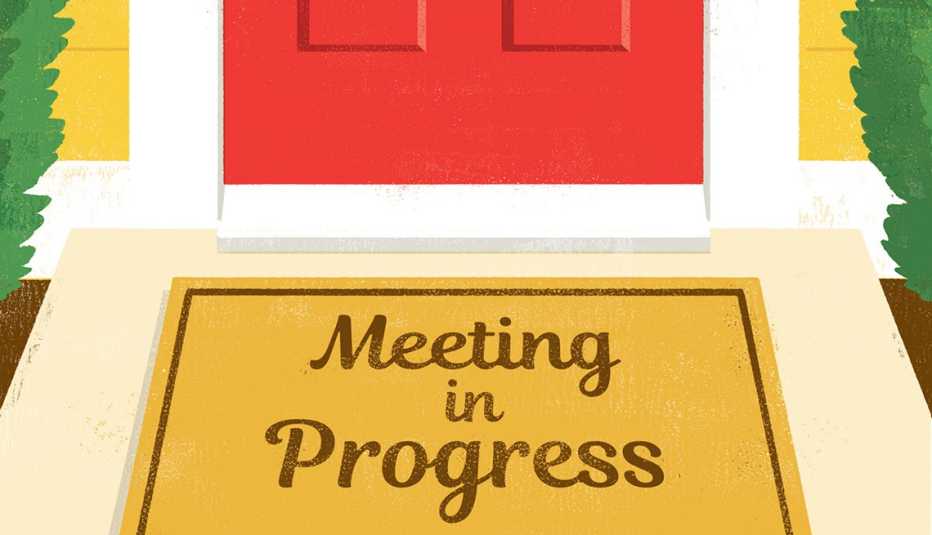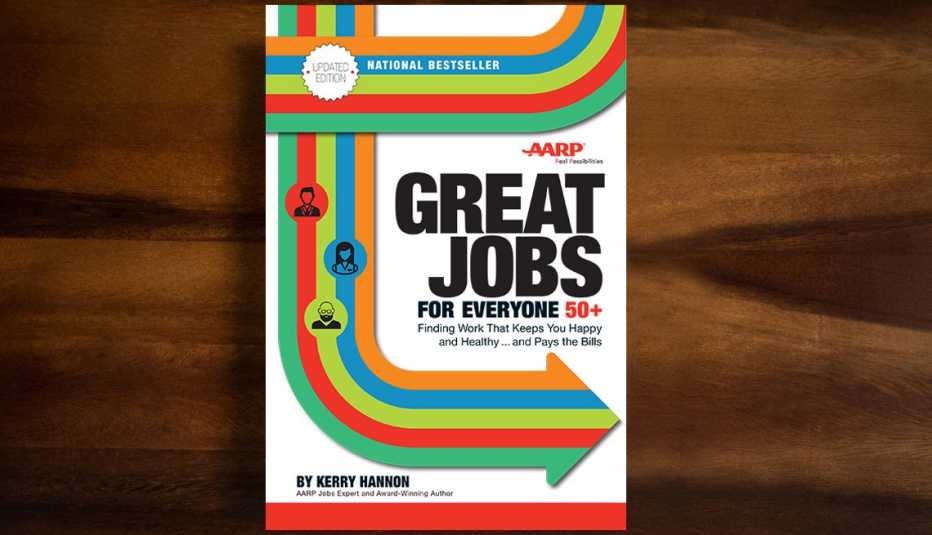Staying Fit
Landing a new job often involves an interview, a conversation that can induce anxiety at even the best of times. For older adults, who may not have had a job interview in years or may experience age discrimination in the hiring process, the stakes during a job interview might seem especially high.
But with preparation and an understanding of why an employer may be asking certain questions, you'll have a better shot at acing your next interview. Here are some strategies for responding to five common job interview questions you can't afford to answer wrong:


AARP Membership— $12 for your first year when you sign up for Automatic Renewal
Get instant access to members-only products and hundreds of discounts, a free second membership, and a subscription to AARP the Magazine.
1. How do you feel about being laid off from your previous job?
In the past, this question was one way interviewers would probe to figure out whether you had any problems on your previous job. That's less likely to be the case now, because it's widely recognized that millions of workers have lost their jobs through no fault of their own due to the coronavirus pandemic.
Still, even though the interviewer may be trying to be sympathetic, remember that this is a job interview, so put your best foot forward.
"Say that it is never easy when a decision is made for you, but sometimes it is the push you need to take the next step,” says Regina Rear-Connor, founder of Regina Recruits, a consulting firm that helps companies find workers. “Focus on what experience you gained at that last role and talk about what you bring to the table for the future employer."
2. Tell me about yourself.
It may be tempting to treat this question as the usual small talk you might make with someone you've just met. But the interviewer, who has to make the big decision on whom to offer the job, is likely to take everything you say very seriously. Be prepared for this common interview question.
Steer clear of personal details about your life or family — especially things that might reveal your age, such as stories about grandkids or references to when you graduated from school. Instead, focus on your work experience and why it's relevant to the job.




































































